1. PROPOSITION

Your value proposition is a clear, succinct statement that explains why customers will choose your offer in preference to your competition.
For most of us, the process of gathering our thoughts into a format that others can visualise and believe in, is time consuming and challenging. So don't be put off when people don't understand it at first. Keep working on it. It might come together in an instant but is most likely to evolve over time. Either way, keep in mind that you just need a few strong sentences to start your research not the finished marketing blurb for your product's packaging..
We like to do this in two steps; understanding the market and identifying your goals/values.
Your value proposition will benefit hugely from the objective input of others, in particular your target market, to help gauge what chance it has of being a commercial success.
Gather data under four main headings
- what NEED the idea meets
- what compelling APPROACH the idea takes to meet that need
- the quantifiable BENEFITS of the idea
- how the benefits are superior to the COMPETITION

Step 1 - Gather market information
Your value proposition at it's simplest is about putting yourself into the shoes of your customer. Understanding what they need, want and the 'problem' you believe your product solves for them.
You can gather this information from a number of sources to build a comprehensive picture of the market need and the value of your proposition to that audience.
Here are a few places to start with:
- online reviews of similar products (reading what customers say in their own words, about the problem it does or doesn't solve provides you with fresh examples of language you can use to describe the market need)
- face to face interviews and conversations with individuals / groups
- British Library Business & IP Centre (extensive research held on all sectors)
Face to Face Research
This is such a great way to get feedback on your initial idea but many people put it off because they think they need some kind of prototype before they ask for input.
In our experience the earlier you involve other people the better, so long as you are asking the right questions.
One word of caution - Do not tell anyone about your idea or give them any details, until they have signed an NDA (non disclosure agreement) for you. This is crucial for both of your protection. You should have one in place with anyone you plan to discuss the idea with, including friends and family.
The following questions are a good starting point:
What's the problem?
Explain the idea to them, starting with the problem it solves:
- How did the idea come about?
- What provoked it or prompted it?
- Is it rooted in a problem you faced or noticed?
- Did it come about because of some work you were doing?
- Is it tech led? Did you see something that inspired you and you want to use it in a different application?
- Have you researched your market? What's the value of it?
- What benefits does your idea offer to people?
- How would you describe its key features?
Be wary of ideas that aren't rooted in solving a problem. They can still make successful products but they will either be toys, luxury items or something that sells because it's quirky. If you don't plan to market your idea in one of those areas you might need to think again.
What's the competition?
- Who's already done this or something similar?
- What's already out there that's solving the problem in part?
- How successful is it?
- How do you know that?
- Can you quantify their market share or market value?
- How many others are doing it locally or globally?
Don't fall into the trap of believing that nobody out there has had a similar idea. Make sure you search using as many different ways to describe your idea as possible.

Differentiation
- What makes your solution different from what's already out there?
- Why might a customer choose your brand or product?
- Will your product do more but cost less?
- Does it use better materials?
- Is there some novel technology that makes it unique?
- Try to be objective and ask yourself, how can I commercialise this idea?
At this stage in the journey, if you are still excited by the idea and your 'objective input' has not completely killed it, move onto step two - articulating what you want and setting goals.

